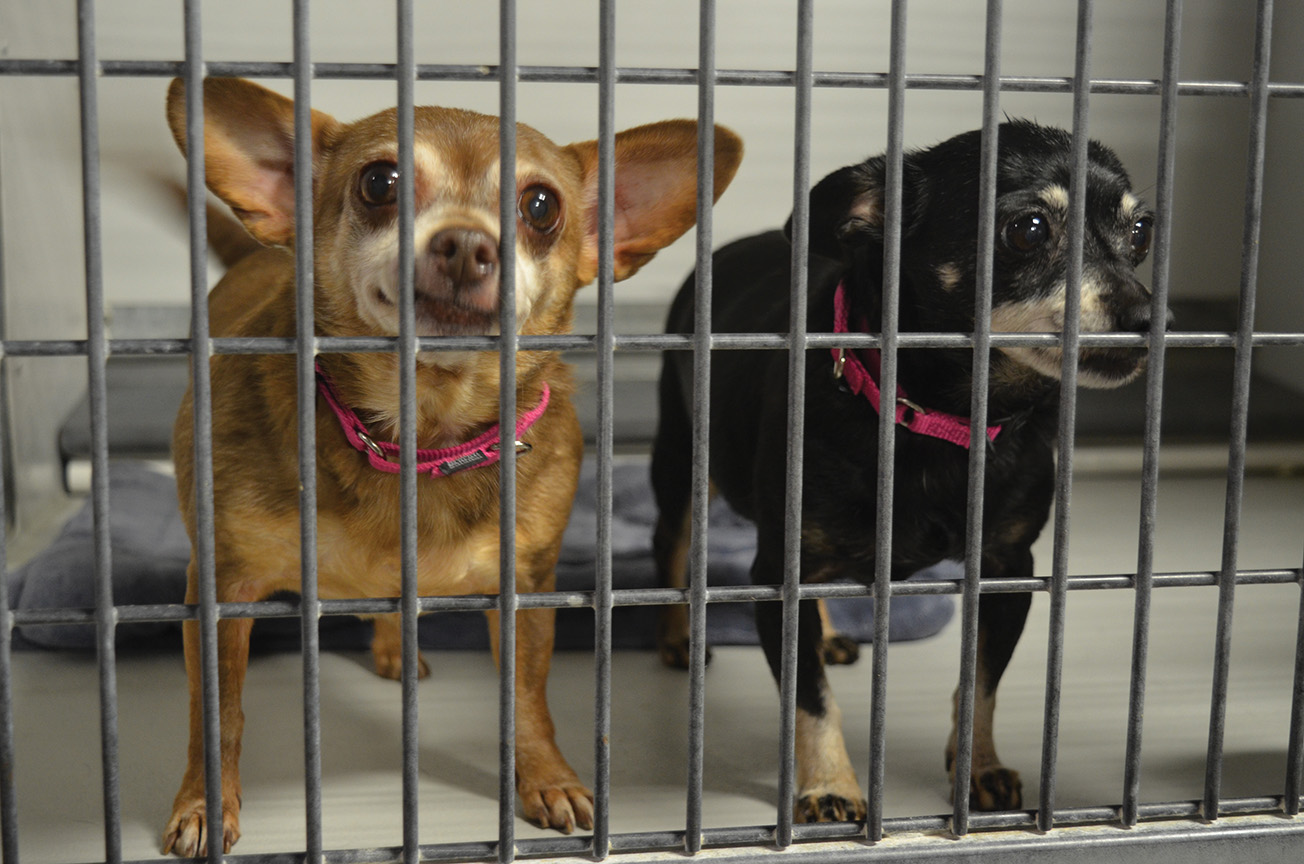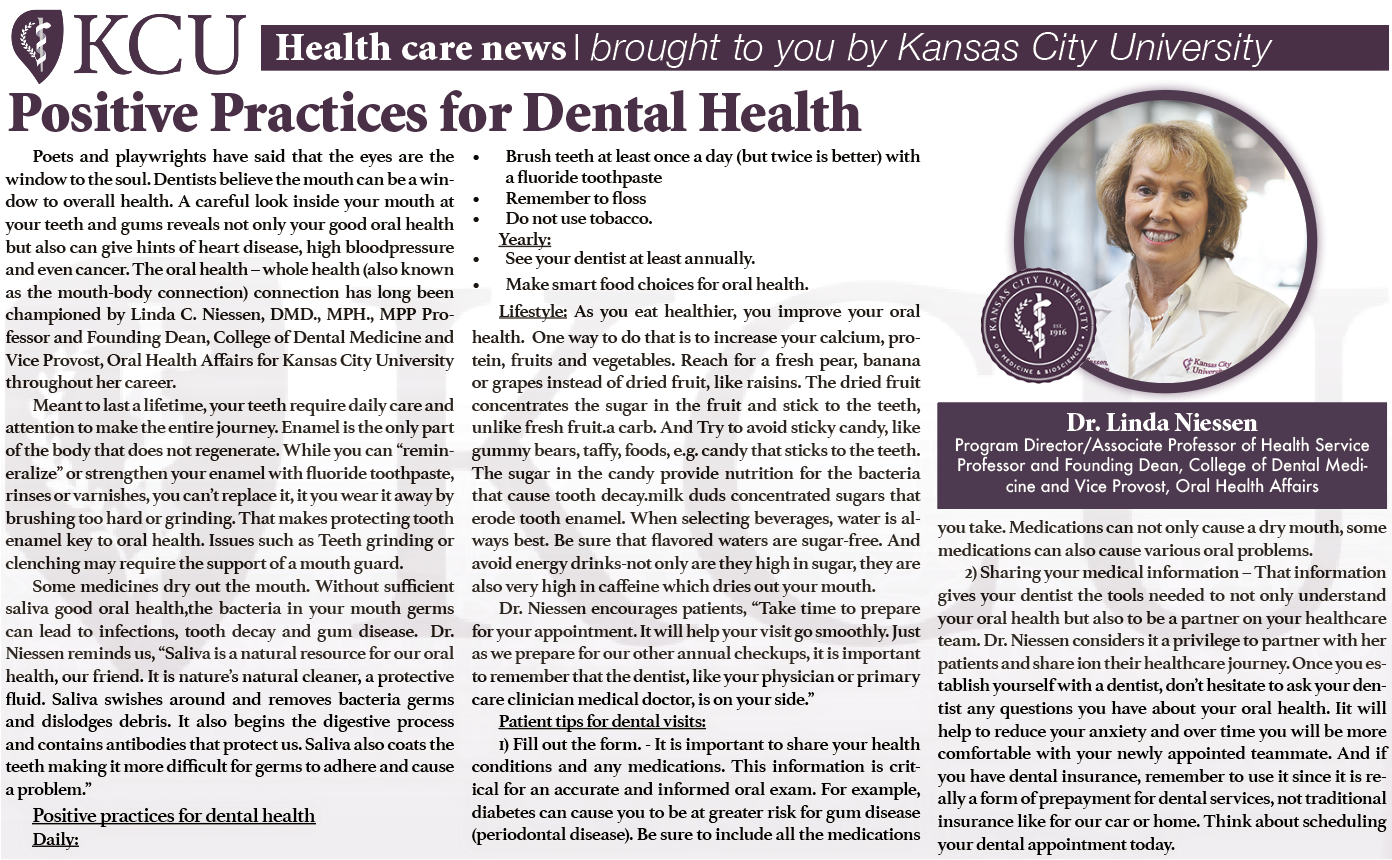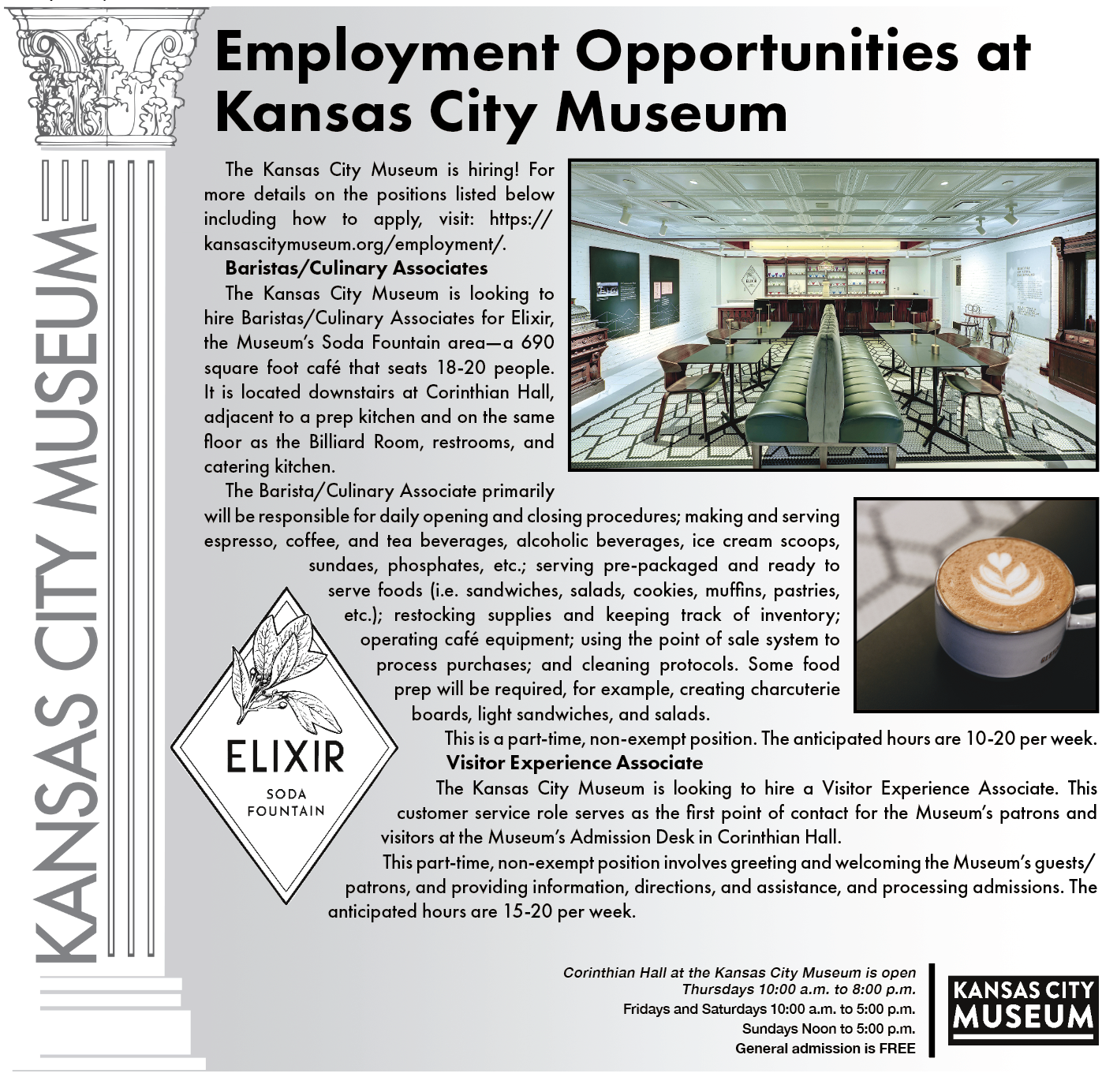Elizabeth Orosco
Northeast News
The abundance of free-roaming animals along the streets of Northeast Kansas City have become a cause for concern for some residents.
Jessica Potts, who has lived in the Northeast for 20 years, is the admin for the “Northeast KC MO Lost & Found Pets” Facebook page and said she has seen an influx of lost or stray pets roaming Northeast streets in the last few years.
In just one week, 18 lost or found pets were posted to the page.
“I feel like I see an abundance of animals running loose on a daily basis,” she said. “It causes a lot of distress.”
Potts has done outreach for Spay and Neuter Kansas City, a community outreach program, and is in the process of volunteering for the KC Pet Project.
Potts owns her own microchip scanner and said she is constantly scanning lost pets that she encounters, trying her best to get them back home.
Leaving them on the street, she said, is not an option for her.
“You can’t just leave it be,” she said. “It’s like finding a toddler on the street. It’s innocent, defenseless, and it could easily be hit by a car.”
Potts’ observation of seeing an increase of stray animals is echoed by Tori Fugate, chief communications officer with the KC Pet Project, who said their numbers for incoming animals is increasing every year.
On average, Fugate said the shelter receives 30 new animals a day. During the summer months, this number spikes to over 40 or 50 per day.
KC Pet Project sees approximately 1,100 incoming animals every 30 days pouring into their 14,000-square-foot facility off Raytown Road, said Fugate.
While some months bring in lower numbers of animals, the shelter takes in about 10,000 new animals every year. Of those, only 1,200 are returned to their owner.
She added that the majority of the animals are coming from the city’s Northeast area and Midtown.
“We get a lot of stray animals in and we can see typically the areas in which they do come in or were found,” she said. “We do get a lot of animals from the Northeast, Midtown, and predominantly on the east side of Kansas City.”
These areas, she said, are considered resource deserts, where there are not many places people can take their pets for help.
“There aren’t as many places for pets to get vaccinated in the Northeast,” she said. “There are a few clinics around, but there aren’t a lot of resources available to people, therefore, if they don’t get their animals vaccinated, they are more likely to get sick and then they may have to give up their pet or it gets lost.”
Fugate said about 48 percent of the pets the shelter receives are from Animal Control.
“We are an open-admission shelter, so we cannot turn away any animals who come to us from Kansas City, Missouri,” she said. “We take in owner-surrendered pets and strays from the public and Animal Control. That’s predominantly how we get our animals, through Animal Control”
According to city data, there are an average of 9,868 calls for Animal Control service annually.
John Baccala, Communications Liaison for the city’s Neighborhoods and Housing Services Department said because of the high number of calls, picking up strays is often low on the officers’ priority list.
“Compared to the other amount of calls we have to handle, strays are very low priority,” he said.
Calls that would be considered emergencies and take priority over strays are calls where an animal has bitten someone, animal cruelty situations, injured animals, police or fire departments asking for assistance, livestock at large, and wildlife that is loose inside someone’s home.
Besides the livestock, Baccala said the other calls are fairly common. Unless there is an officer in the area near the call for a stray, he said the likelihood of an officer being able to locate the animal after about fifteen minutes is low.
His suggestion to Northeast residents is to simply not feed stray animals.
“You think you’re doing them a favor, but you’re really not, you’re just exacerbating the problem,” he said.
The city has recently outsourced animal control operations to KC Pet Project after a 2017 audit highlighted areas that needed resolution.
The audit revealed that two-thirds of animals impounded in Kansas City for cruelty or neglect violations were not reclaimed by the owners. Writing citations “failed to ensure compliance as pet owners can simply pay for citations without fixing the violation” the audit stated.
“It just perpetuates the cycle,” said Fugate. “If they just leave them here, they will just go out and get another pet and then we will just continue to see more animals come in.”
KC Pet Project was the only organization who submitted a full proposal to Kansas City city council, who then voted to hand over all animal control operations to the organization.
“We are now in the process of negotiating the contract with the city of Kansas City, Missouri,” said Fugate. “We would then start transitioning over toward the end of the year into early next year.”
All current Animal Control officers will have an opportunity to interview with KC Pet Project said Fugate. If they choose not to, they will still have placement with the city and will not lose their city employment.
A new, 53,000-square-foot facility in Swope Park is in the works for the shelter, which will allow them to humanely house a lot more animals.
Currently, the shelter has the capacity to house around 400 animals.
In the new space, they will have the capability to take in much more as well as offer various programming and events.
“We have a lot of plans for public services, vaccination clinics, microchip clinics, and other services,” said Fugate. “We do see a lot of animals come in from that area, so we will be able to help the citizens and residents of that area and help the animals that live in that area, as well.”
While KC Pet Project is a no-kill shelter, Fugate said that does not mean they never have to euthanize.
“What ‘no-kill’ means is that no healthy, treatable, or adoptable pet is ever euthanized,” said Fugate.
Of the 30 new animals they take a day, roughly four or five are critically ill or injured in some capacity.
“We get a lot that have been hit by cars or by gunshots. We get [parvovirus] puppies, a lot of senior animals, and all the bite dogs in Kansas City.”
Every case, Fugate said, is assessed and considered.
“Most of the animals that we get in can go straight to the adoption floor,” she said. “We take in and see animals all day long and fight to save them, but with some animals, we know that the humane thing to do is to euthanize them if they are too injured or ill. Since we see so much of it, we work really really hard. Our vet clinic is like a trauma center most days.”
If a lost or stray pet is found, Fugate said there are several options:
1. Fill out a lost or found pet form. The KC Pet Project has a lost and found pet page located on their website at www.kcpetproject.org. Residents can submit a form for a lost or found pet and browse the site for a list of recently found pets.
2. Check for a microchip. Most veterinary offices can scan for a microchip as well as any KC Pet Project adoption center. Potts, who runs the page for lost or stray animals, said she is also available to help scan pets for a chip.
3. Post a picture of the lost or found animal to neighborhood groups such as Facebook pages, Nextdoor, FindingRover, swap and shop pages, or Craigslist.
4. Put up flyers of the lost or found pet in your neighborhood.
5. Call 311 to contact animal control.
6. Drop off pets at KC Pet Project if the animal was found in Kansas City, Missouri. There is a $20 drop off fee to help cover the cost of food and medical care. If the pet is in your care for more than three days, the animal is considered your pet and residents would then need to make an owner surrender appointment.
It should also be noted that according to the Kansas City city charter, currently licensed pets found at-large, with up-to-date owner contact information, can be returned to their owner for free one time per year as long as contact with the owner can be made.
Once KC Pet Project relocates to the new shelter, one of their main focuses is education, said Fugate.
“Our intake just keeps going up every year and we realize now that we need to be out in the community working with owners and educating,” she said. “We need to be educating about how to take care of pets and how to treat them humanely and what we can do as a community to address this issue of homelessness that we have for animals, otherwise our intake is just going to keep going up.”
The KC Pet Project offers various services including vaccinations, $25 microchipping, and $12 pet licensing. The organization even pays the fee to register the microchip to keep costs low for residents.
Shelley Barker Winship said she has adopted a pet from KC Pet Project in Zona Rosa a few weeks ago and would highly recommend their services.
Winship said she was looking for a pet for emotional comfort and wanted to make sure she found the right fit.
“I went in a couple days in a row, looked at the animals and tried to feel out who would take to me.”
She found a companion in Goose, a 3-year-old German Shepherd mix.
Winship said KC Pet Project vaccinated, microchipped, and licensed Goose for her and sent her home with coupons for dog food and a care package with instructions on how to deal with a new animal.
“They give you all the tools to succeed with your new animal,” she said. “They sit down with you for about 30 to 45 minutes and answer any kind of question you have. It’s a commitment for life when you take a dog.”
Fugate said if residents want to help KC Pet Project, there are plenty of volunteer opportunities at the current shelter and even more opening up at the new shelter.
“We have so many great opportunities for people who want to get involved,” said Fugate. “We even allow kids to come and volunteer with their parents and it’s a great way for families to come get involved.”
To learn more about KC Pet Project, visit www.kcpetproject.org.



















